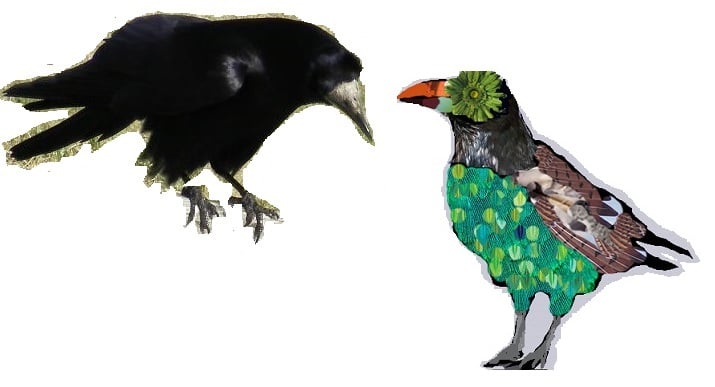Displacement is a State of Mind
We still carried the bills and coins we could lay hands on at the time even though they won’t buy you anything now. For a few months my father kept a small accordion file in his bag containing printouts of his retirement account information and a little folio of his handwritten passwords. When we were unable to drive anymore, we walked, and when we reached the capital city and saw what had become of it, my dad took out the folder while we were taking a break by the water and he shredded the papers into little bits, and he burned them in the pit we made by the river. He left the empty file on the ground.
It was, therefore, something of a surprise when a young couple showed up, a guy and a lady, and they offered to sell us their services. They looked much cleaner than anyone in our group, and their hair, while overgrown, seemed to have been combed. They actually introduced themselves, which had gone out of favor some time back.
“Services? What services? Unless you have food to trade or a way to get to the interior that’s quicker than this, I can’t imagine what else we would have to talk about at this point,” said my Uncle Joe, who was tough-looking and who had mostly been the one to speak for us when we ran into other people.
The lady squared her shoulders and I was surprised she didn’t have a pointer stick and a slide deck, a blazer. Some people had taken longer to break out of their routine, to stop playing a business role or what have you. Obviously, things these days generally weren’t good, but my job, which I had hated, had rolled off me as if my skin was waxed, and I wouldn’t have said it out loud, but the end of all that was a relief that I noticed each new day.
“We’re here to send displacement packing,” said the man. He was actually smiling corporately. We had not seen anyone this wedded to the before times in quite a while.
We were tired and didn’t want to start walking quite yet, and the couple’s few things were out in the open, a weapon unlikely.
“Shoot, man,” said my Uncle Joe. “Displacement? I’m listening.”
The guy had a deliberate stance and he was dirty blonde. He wasn’t even all that sunburned. I wondered where these two had been staying.
“I’m here to tell you,” and he paused, working his dimples, “you don’t have to be a refugee…if you don’t want to be.” He delivered the line in all seriousness. Not even Uncle Joe snorted or even smiled.
“And what exactly does that mean?” asked Joe.
The man gestured around us, at the ruined structures, the overrun scenery that we’d leave as soon as we had rested again.
“You’re only forced from your home if you let yourself be,” he said. “When you tell the universe, ‘this is my home,’” and he gestured around and before bringing his open hand to his chest, “then you have arrived. You never have to feel empty again.” His posture was deliberately wide. He expected to be received, not run out. He believed what he was saying.
Uncle Joe grimaced bitterly. “And I suppose you’re the ones to show us how,” he said. “And what exactly are you charging, since well, currency is not really a thing anymore. And what if I told you, as you can probably tell, that we’re having a hard enough time feeding everyone here as is. What if I told you to f—” and my dad cut him off.
“So what is it?” he asked. “What are you charging, to make this end?”

